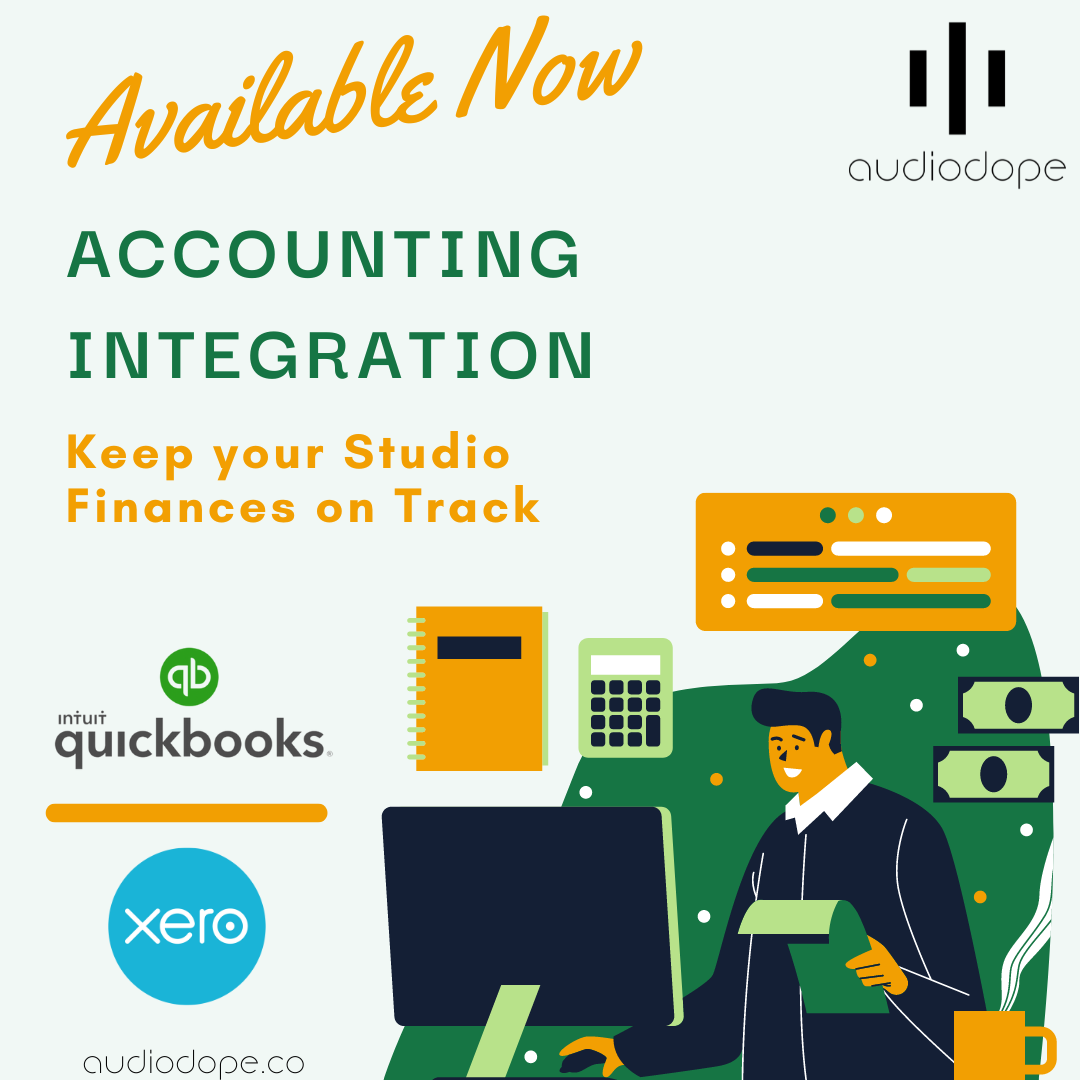Tips on Paying your Recording Studio Employees & Contractors

Your studio staff are the lifeblood of a recording studio, contributing their unique skills and talents to the creative process. From session musicians and engineers to producers and songwriters, each member brings a distinct set of expertise that enhances the overall quality of the final product.
As the studio owner or manager, ensuring timely and accurate payments to individuals is crucial for maintaining a smooth workflow and fostering positive professional relationships.
Failing to pay these professionals promptly and fairly can not only damage your studio's reputation, but also hinder future collaborations and projects.
Different types of staff members in a recording studio
Recording studios often collaborate with a diverse range of contractors, each playing a unique role in the creative process. Understanding the various types of staff members and their responsibilities is crucial for effective payment management. Here are some common contractors you may encounter in a recording studio:
- Session Musicians: These are skilled instrumentalists hired to perform on specific recording sessions. They may play a variety of instruments, including guitars, drums, keyboards, and more.
- Engineers: Audio engineers are responsible for setting up and operating the recording equipment, as well as mixing and mastering the recorded tracks. They ensure the technical quality of the recordings.
- Producers: Producers oversee the entire recording process, guiding the creative direction, arranging the music, and working closely with artists and engineers.
- Songwriters: Songwriters are hired to craft lyrics and melodies, contributing their unique artistic vision to the project.
- Vocal Coaches: In some cases, studios may hire vocal coaches to work with artists, helping them improve their vocal techniques and performance.
- Graphic Designers: For album artwork, promotional materials, and other visual elements, studios often collaborate with graphic designers.
- Videographers: Music videos and behind-the-scenes footage may require the services of skilled videographers and editors.
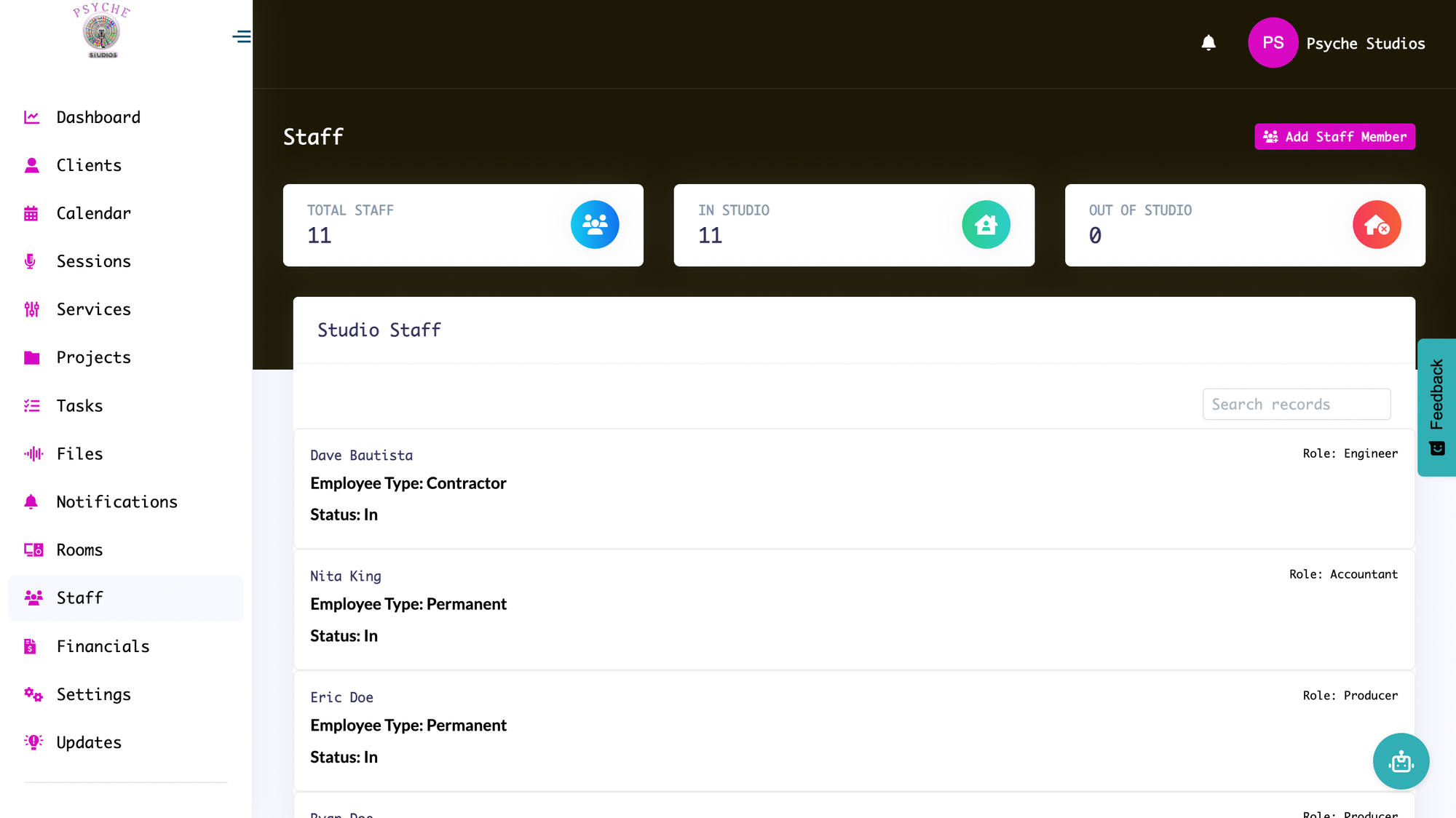
Each of these staff members brings specialized skills and expertise to the table, making their contributions invaluable to the recording process. Recognizing their unique roles and responsibilities is the first step towards effective payment management.
Understanding payment terms and agreements
Before engaging with any staff members, it's essential to establish clear payment terms and agreements. These agreements should outline the scope of work, deliverables, deadlines, and, most importantly, the compensation structure. Failing to have a well-defined contract can lead to misunderstandings, disputes, and potential legal complications down the line.
When drafting contractor agreements, consider the following factors:
- Hourly Rates vs. Project-Based Fees: Determine whether you will pay staff members on an hourly basis or a flat project-based fee. Hourly rates are typically used for ongoing work, while project-based fees are more common for one-time or defined tasks.
- Payment Schedules: Clearly outline when payments will be made, whether upon completion of milestones, deliverables, or at the end of the project. Some contractors may require upfront deposits or periodic installments.
- Late Payment Penalties: To incentivize timely payments and protect the contractor's interests, consider including late payment penalties in the agreement.
- Intellectual Property Rights: If the staff members's work involves creating copyrightable material, ensure that the agreement addresses intellectual property rights and ownership.
- Confidentiality and Non-Disclosure Clauses: Depending on the nature of the project, you may want to include confidentiality and non-disclosure clauses to protect sensitive information or unreleased material.
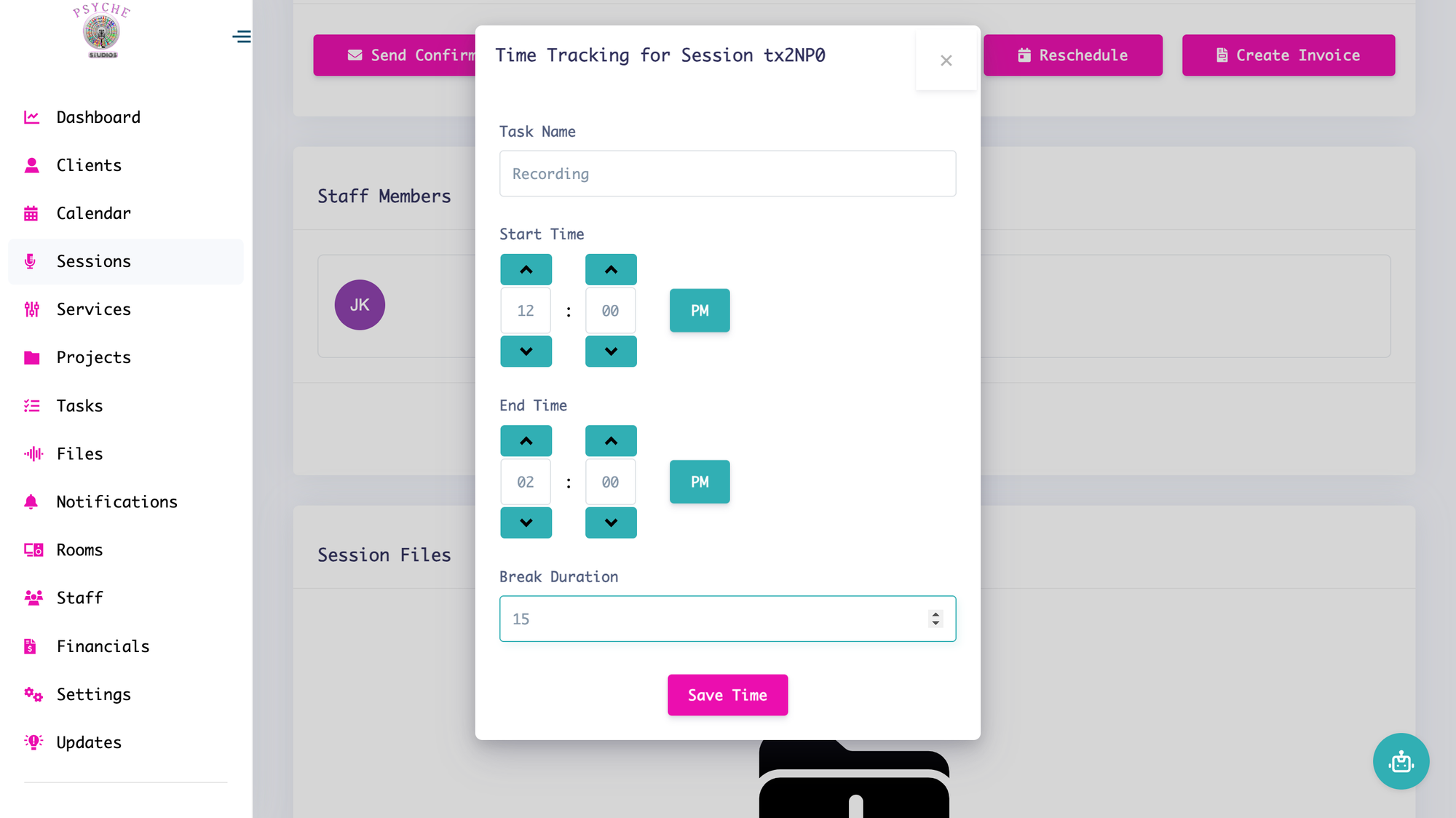
By having comprehensive and well-crafted agreements in place, you can establish clear expectations and avoid potential misunderstandings or disputes regarding contractor payments.
Creating a payment schedule for your staff
Developing a structured payment schedule is crucial for ensuring timely and organized staff payments. This schedule should align with the agreed-upon payment terms and take into account the studio's cash flow and budgeting considerations.
Here are some steps to create an effective contractor payment schedule:
- Maintain a Contractor Database: Keep a centralized database or spreadsheet with all staff members information, including their contact details, payment terms, and project details.
- Map Out Project Timelines: Identify key milestones, deliverables, and completion dates for each project, as these will often trigger payment obligations.
- Set Payment Due Dates: Based on the agreed-upon payment terms, establish specific due dates for staff payments. This could be upon completion of milestones, deliverables, or a fixed date each month.
- Incorporate Buffer Periods: Allow for buffer periods between the completion of work and payment due dates to account for any necessary reviews, approvals, or processing time.
- Automate Reminders: Utilize calendar or project management software to set automated reminders for upcoming payment due dates, ensuring you never miss a payment.
- Schedule Regular Reviews: Periodically review and update the payment schedule to reflect any changes in project timelines, contractor agreements, or studio cash flow.
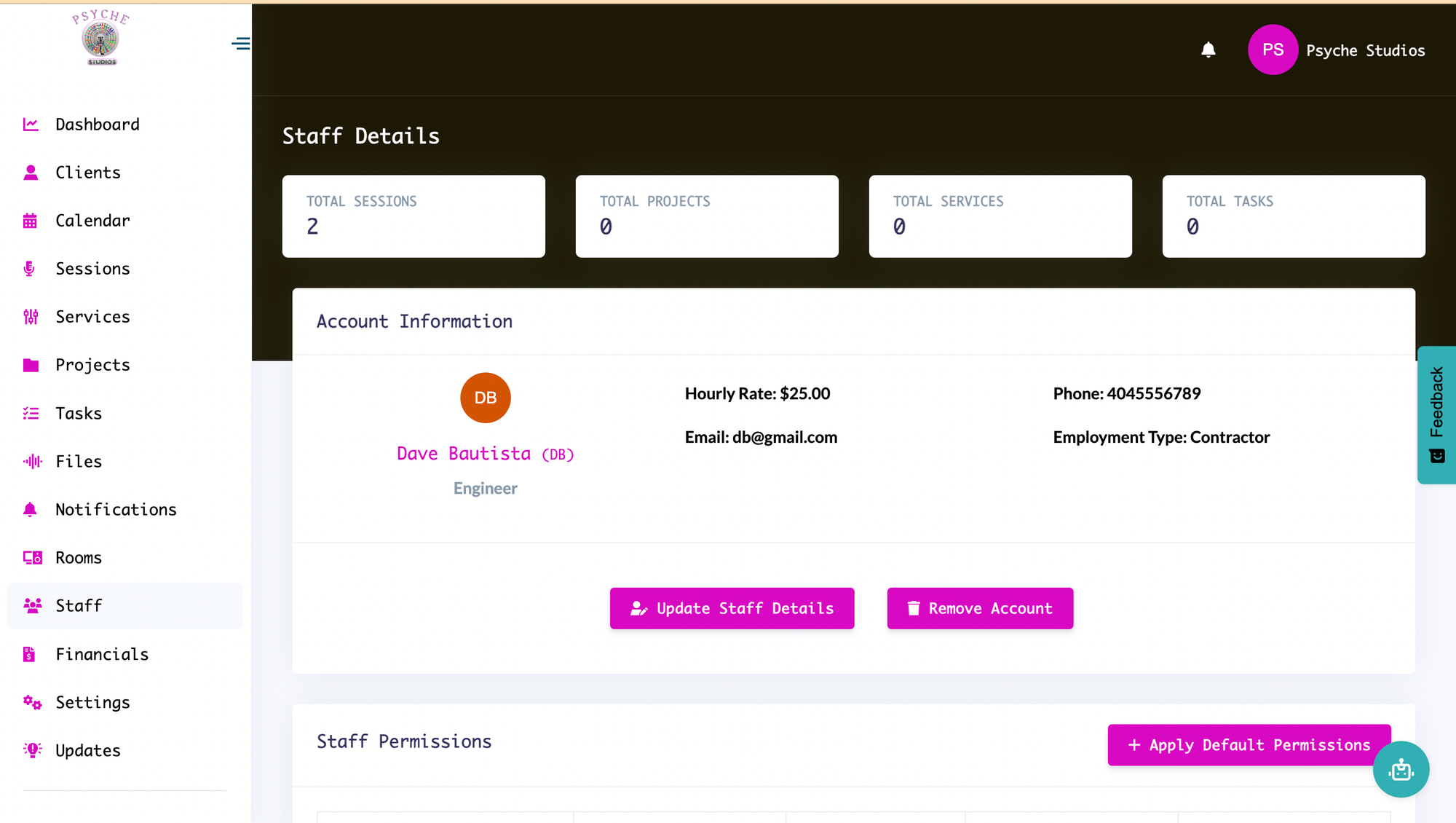
By implementing a well-structured payment schedule, you can streamline the contractor payment process, avoid late payments, and maintain a positive reputation as a reliable and professional studio.
Choosing the right payment method for contractors
Once you have established payment terms and schedules, the next step is to select the most appropriate payment method for your contractors. Different payment methods offer varying levels of convenience, security, and speed, so it's essential to choose the one that best suits your studio's needs and the preferences of your contractors.
Here are some common payment methods to consider:
- Bank Transfers: Electronic bank transfers are a secure and widely accepted method for contractor payments. They offer a direct transfer of funds from your studio's account to the staff member's account, minimizing the risk of lost or delayed payments.
- Online Payment Platforms: Services like PayPal, Venmo, or Zelle provide a convenient way to send and receive payments electronically. These platforms often offer additional features like invoicing, tracking, and reporting.
- Checks: While less convenient than electronic methods, physical checks may still be preferred by some contractors. However, be aware of potential delays in delivery and processing times.
- Direct Deposit: For staff members who work with your studio on a more regular basis, setting up direct deposit can streamline the payment process and ensure timely receipt of funds.
- Mobile Payment Apps: With the rise of mobile technology, payment apps like Cash App or Apple Pay offer a secure and convenient way to transfer funds directly from your mobile device.
When choosing a payment method, consider factors such as the staff member's preferences, the amount of the payment, the frequency of payments, and the level of security and tracking required.
It's also essential to communicate the chosen payment method clearly to your contractors and ensure they have the necessary information or accounts set up to receive payments seamlessly.
Using accounting software for contractor payment
Effective staff member payment management often requires the use of robust accounting software. These tools can streamline the entire payment process, from tracking expenses and invoices to generating reports and maintaining accurate records.
Popular accounting software options for recording studios include:
- QuickBooks: Widely used by small businesses and freelancers, QuickBooks offers comprehensive features for managing contractor payments, including invoicing, expense tracking, and payroll management.
- FreshBooks: Designed with freelancers and service-based businesses in mind, FreshBooks simplifies invoicing, time tracking, and payment processing for contractors.
- Xero: Xero is a cloud-based accounting solution that provides real-time visibility into financial data, making it easier to manage contractor payments and expenses.
- Wave: For those on a tight budget, Wave offers free accounting software with features for invoicing, payment tracking, and basic bookkeeping.
- Zoho Books: Part of the Zoho suite of business applications, Zoho Books offers robust accounting capabilities, including contractor payment management, expense tracking, and project billing.
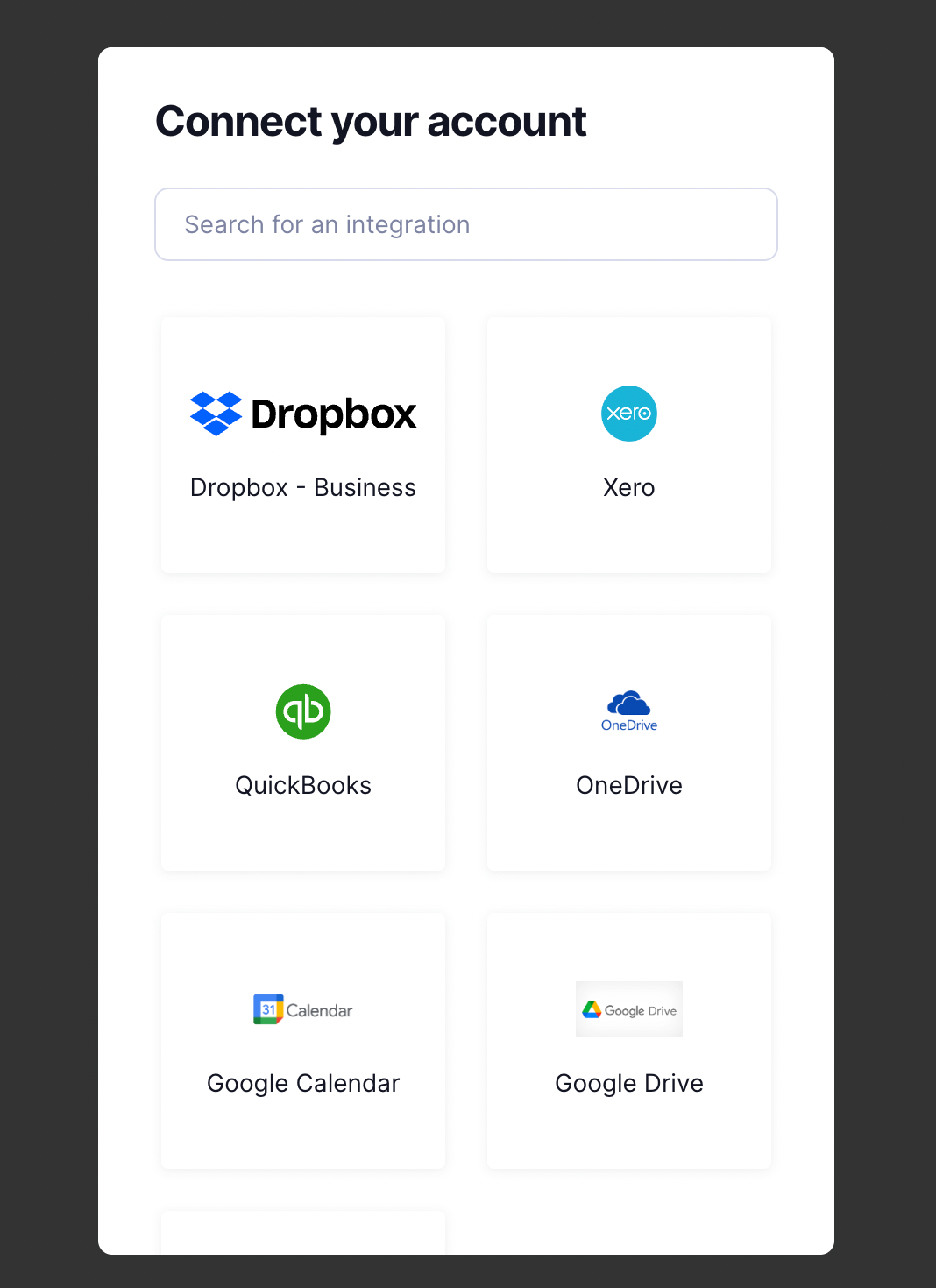
When selecting accounting software, consider factors such as ease of use, integration capabilities (e.g., with your studio's existing software or payment platforms), and the specific features required for your staff member payment needs.
By leveraging the power of accounting software, you can streamline the staff member payment process, maintain accurate financial records, and gain valuable insights into your studio's expenses and cash flow.
Streamlining the contractor payment process
Efficient staff member payment management is not just about choosing the right tools and methods; it's also about optimizing the entire payment process for maximum efficiency and productivity. By streamlining the payment process, you can save time, reduce errors, and ensure a smoother overall experience for both your studio and your contractors.
Here are some strategies to streamline the contractor payment process:
- Automate Invoicing and Payment Reminders: Utilize accounting software or invoicing tools to automate the generation and delivery of invoices, as well as payment reminders. This can help minimize manual effort and ensure timely communication with contractors.
- Implement Approval Workflows: Establish clear approval workflows for contractor payments, especially for larger or more complex projects. This can help ensure proper oversight and authorization before payments are processed.
- Centralize Payment Processing: Instead of handling contractor payments across multiple accounts or platforms, consider centralizing the payment process through a dedicated account or payment platform. This can simplify tracking and reconciliation.
- Leverage Digital Signatures and Document Management: Utilize digital signature tools and document management systems to streamline the process of signing and storing contractor agreements, invoices, and other relevant documents.
- Conduct Regular Audits and Reviews: Periodically review your contractor payment processes, identifying areas for improvement and addressing any inefficiencies or bottlenecks.
- Provide Clear Communication and Feedback Channels: Maintain open lines of communication with your contractors, encouraging feedback and addressing any concerns or issues related to the payment process promptly.
By implementing these strategies, you can optimize the contractor payment process, reducing administrative overhead and ensuring a more efficient and productive recording studio environment.
Tips for maintaining good relationships with studio staff through timely payments
Building and maintaining positive relationships with your studio staff is crucial for the long-term success of your recording studio.
One of the most effective ways to foster these relationships is by ensuring timely and reliable payments for their services. Here are some tips to help you maintain good relationships with staff members through prompt payments:
- Set Clear Payment Expectations: From the outset, communicate your payment terms and schedules clearly to staff members. This transparency helps manage expectations and avoid misunderstandings.
- Honor Payment Deadlines: Make it a priority to process each staff member payments on or before the agreed-upon due dates. Consistently meeting deadlines demonstrates your professionalism and respect for their time and work.
- Provide Payment Notifications: Whenever a payment is processed, send a notification to the staff member, confirming the details and amount. This simple gesture shows accountability and helps maintain accurate records on both ends.
- Offer Convenient Payment Methods: Accommodate staff member's preferred payment methods, whether it's bank transfers, online platforms, or mobile apps. Making the process convenient for them can go a long way in building goodwill.
- Address Payment Issues Promptly: If any issues or delays arise with payments, communicate proactively with the staff member. Explain the situation transparently and provide a timeline for resolution.
- Express Appreciation: Along with timely payments, take the opportunity to express your appreciation for the staff member's contributions and the value they bring to your projects.
- Maintain Open Communication: Encourage open communication and feedback from contractors regarding the payment process. Their insights can help you identify areas for improvement and further strengthen your working relationships.
By following these tips, you can cultivate a reputation as a reliable and trustworthy studio that values its contractors' hard work and contributions. This positive reputation can lead to stronger long-term partnerships, repeat business, and a steady stream of talented professionals eager to work with your studio.
Common challenges in contractor payment and how to overcome them
While efficient studio staff payment management is essential for the smooth operation of a recording studio, it's not without its challenges. From cash flow constraints to miscommunications and administrative hurdles, various obstacles can arise.
Identifying and addressing these challenges proactively is crucial to maintaining a positive working environment and ensuring the success of your studio.
Here are some common challenges in staff member payment and strategies to overcome them:
- Cash Flow Constraints: Recording studios, like many small businesses, can experience cash flow fluctuations, making it difficult to meet payment obligations. To address this, consider implementing effective budgeting and forecasting practices, negotiating flexible payment terms with contractors, and exploring financing options or lines of credit to bridge any temporary cash flow gaps.
- Miscommunication and Misunderstandings: Unclear or ambiguous agreements can lead to misunderstandings about payment terms, deadlines, and expectations. To mitigate this risk, ensure that all contractor agreements are clearly documented, with specific details regarding payment schedules, deliverables, and any contingencies.
- Administrative Overhead: Managing contractor payments can be a time-consuming and administrative burden, especially for larger studios with multiple staff members. Streamlining processes through automation, centralized payment processing, and robust accounting software can help alleviate this challenge.
- Late or Missed Payments: Delayed or missed payments can strain relationships with staff members and potentially lead to legal disputes or reputational damage. Implement robust payment tracking systems, set reminders, and prioritize prompt communication in case of any anticipated delays.
- Tax and Compliance Issues: Failing to comply with tax regulations and reporting requirements for staff member payments can result in penalties and legal complications. Consult with accounting professionals or legal advisors to ensure compliance with relevant tax laws and regulations.
- International Payments: Working with contractors from different countries can introduce additional complexities, such as currency conversions, international transfer fees, and varying payment regulations. Research and understand the specific requirements for international payments, and consider using specialized payment platforms or services to facilitate these transactions.
By proactively addressing these challenges and implementing effective strategies, you can minimize disruptions, maintain positive relationships with staff members, and ensure the smooth operation of your recording studio.
Conclusion
Managing staff payments efficiently is a critical aspect of running a successful recording studio. By understanding the importance of timely payments, establishing clear agreements, and leveraging the right tools and processes, you can streamline this crucial aspect of your operations.
Remember, your studio staff are valuable partners in the creative process, and treating them with respect and professionalism through prompt payments can foster long-lasting and fruitful collaborations.
This positive reputation can attract top talent, facilitate repeat business, and ultimately contribute to the growth and success of your recording studio. Invest in robust accounting software, automate processes where possible, and maintain open communication to address any challenges that may arise.
